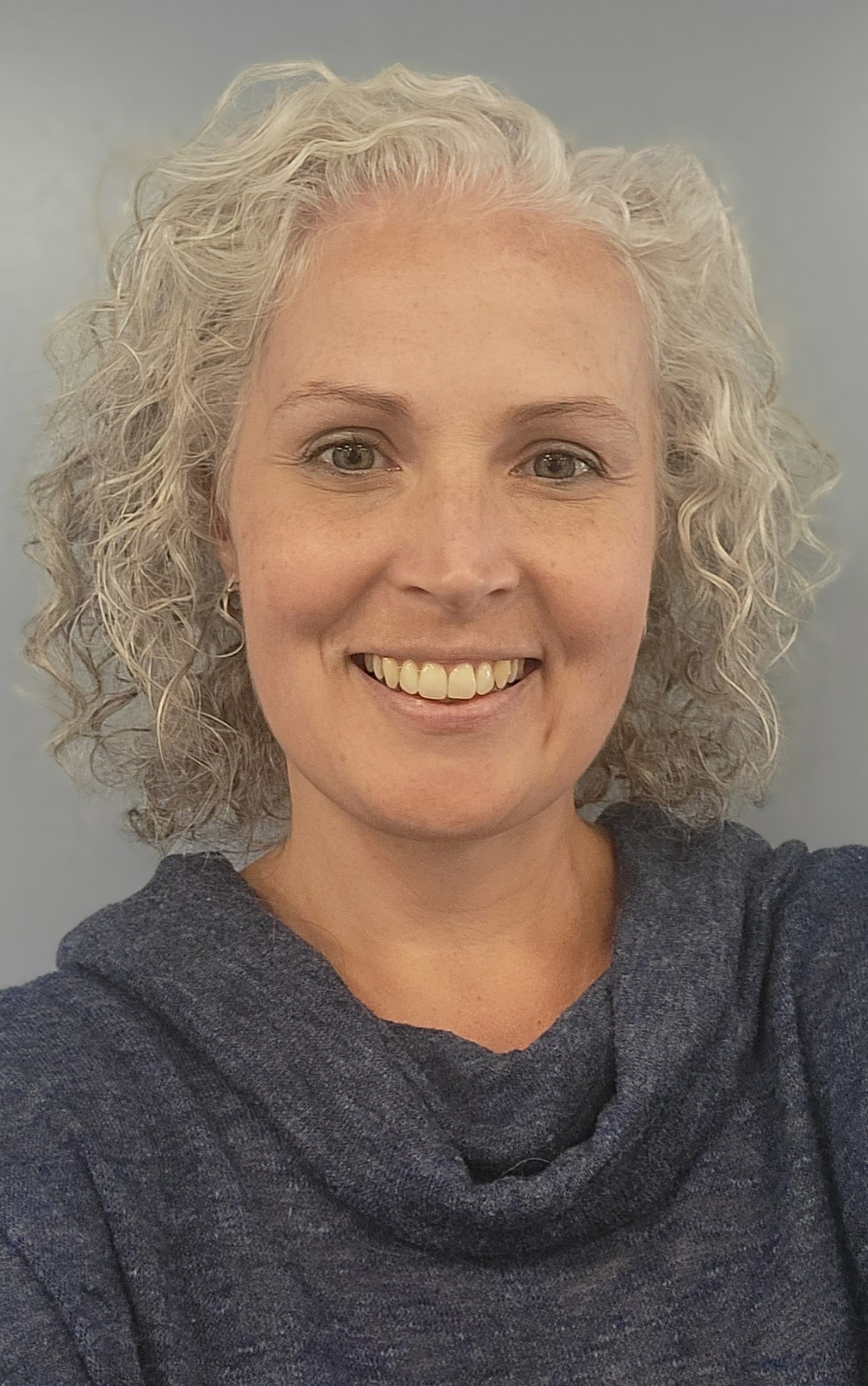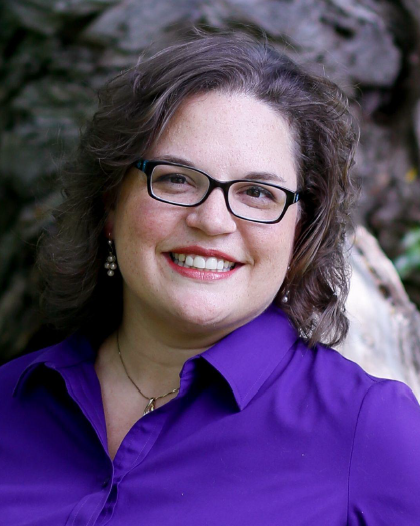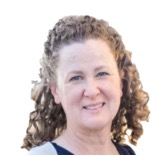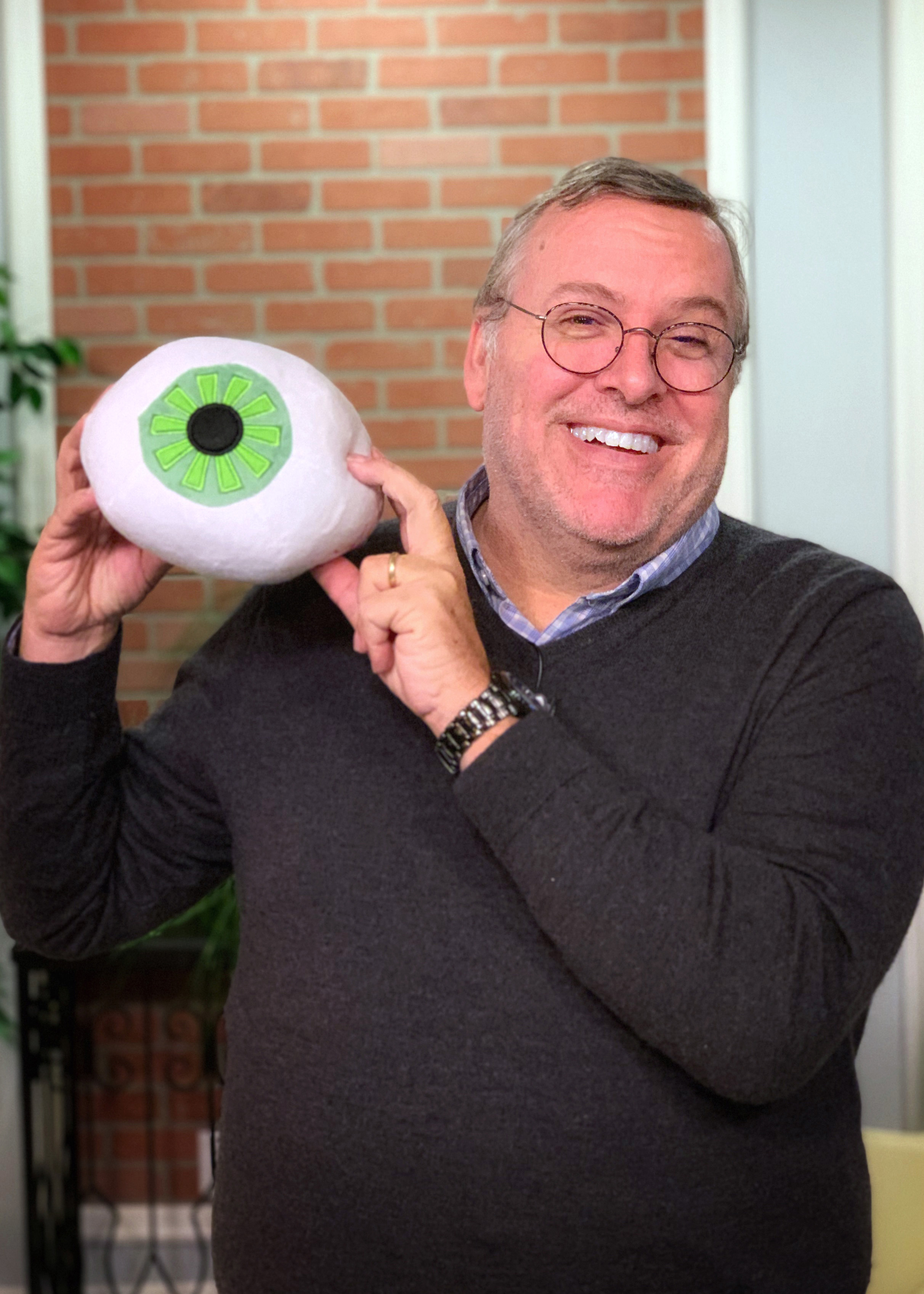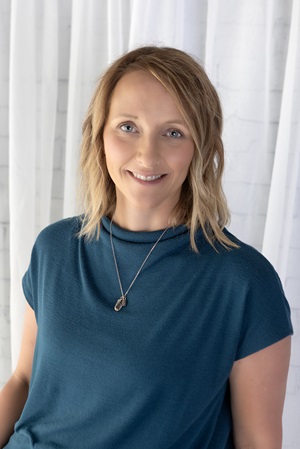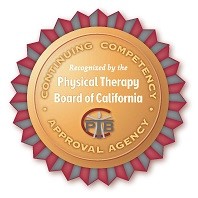Course Description
Expand Your Expertise in Vision Rehabilitation with Leading Experts
Join us for an immersive weekend conference dedicated to advancing your skills and knowledge in vision rehabilitation. This virtual event brings together renowned experts to share innovative strategies, hands-on activities, and real-world case studies, all designed to elevate your therapeutic practice. Whether you aim to improve visual efficiency, develop spatial awareness, or refine complex visual processing methods, this conference equips you with practical tools to drive meaningful client outcomes. Connect with a community of professionals, engage in dynamic learning, and transform your approach to vision therapy—make a lasting impact in your field!
Friday Night: Setting the Stage for Vision Rehab
Therapists from around the world join this foundational session, where we’ll review essential vision concepts and terminology. This intermediate-level course builds a shared language and understanding to set the stage for deeper exploration in the following sessions, including insights on recognizing dyslexia.
Saturday – Vision Efficiency and Spatial Mastery
Session 1 (Morning): Eye-catching Activities for the Remediation of Visual Efficiency Skills
Over half of the brain is dedicated to vision, influencing nearly every aspect of daily function. This 4-hour session dives into visual efficiency, covering saccades, pursuits, vergence, and accommodation. Through activities, video examples, and interactive discussions, you’ll learn to design and adapt activities that strengthen visual efficiency within occupational therapy practice. Participants will leave with targeted treatment plans and modification techniques to meet unique client needs. Ready-to-implement strategies ensure enhanced therapeutic outcomes across all ages.
Level: Intermediate to Advanced
Audience: Occupational therapists, optometrists/vision therapists, and physical therapists.
Pre-requisites: Foundational understanding of eye movements, vergence, and accommodation.
Session 2 (Afternoon): Eye catching activities for spatial awareness, reflex integration and visual information
processing
Explore the crucial connections between spatial awareness, primitive reflexes, and visual processing. This session addresses complex visual challenges like field cuts, inattention, and compressed visual fields, highlighting how non-integrated reflexes affect function. Learn to integrate central and peripheral vision, reflexes, and visual processing to improve balance, posture, and overall outcomes. Designed for vision rehab professionals, this course provides actionable, budget-friendly interventions.
Audience: Physical, Occupational, and Speech therapists; optometrists; pediatricians; and concussion specialists.
Sunday – Interactive Case Studies and Roundtable
Case Studies:
This 3-hour session offers interactive case studies, covering clinical reasoning, goal-setting, and intervention strategies for pediatric and neurological cases. Participants are encouraged to discuss and deepen their understanding, refining their clinical approach.
Roundtable Discussion:
Reflect on the conference insights, share experiences, and collaborate on future educational needs in this closing session, connecting with instructors, hosts, and fellow attendees.
TWO WAYS TO ATTEND:
- Attend as part of the LIVE STUDIO AUDIENCE in Gulf Breeze, Florida - Studio audience seats are limited - so register today!
- Attend via LIVE STREAM from anywhere around the world. Live stream participants will login to access the event from their computer.
NOTE:
- This live event is streamed in real time.
- Course agenda is in Central time, please adjust for your time zone
- Registrants who attend the live broadcast will be able to interact with instructor.
- All registrants will have access to the broadcast recording for 14 days.
- A group may view the course together, however each attendee must be individually registered in order to receive CE credit.
All times are Central Time
05:00 - 05:20
Vision vs Sight
06:20 - 07:00
Common Vision Diagnoses
07:15 - 08:00
Assessing Ocular motor skills
08:00 - 08:15
Visual Perception assessment
08:15 - 08:30
Dorsal Stream Dysfunction
08:30 - 09:00
Recognizing Dyslexia
08:00 - 08:30
Session 1 - Theory
08:30 - 09:30
Session 1 - Saccades/Pursuits
09:30 - 10:00
Session 1 - Accommodation
10:15 - 10:45
Session 1 - Accommodation cont.
10:45 - 11:45
Session 1 - Vergence
11:45 - 12:15
Session 1 - Audience participation
01:00 - 01:15
Session 2 - Dorsal and Ventral Stream: Pathways
01:15 - 02:00
Session 2 - Spatial awareness: Visual field cuts, inattention and neglect definitions
02:00 - 02:45
Session 2 - Spatial awareness: Compressed Visual Fields
02:45 - 03:00
Section Questions
03:15 - 04:15
Session 2 - Reflexes - Pediatric: Developmental and Re-emergence in TBI: Acquired
04:15 - 05:00
Session 2 - Visual Information Processing: BI-Modal
05:00 - 05:15
Section Questions
08:00 - 08:45
Session 1 - Case Study 1 - clinical reasoning, goal development and interventions
08:45 - 09:30
Session 1 - Case Study 2 - clinical reasoning, goal development and interventions
09:45 - 10:30
Session 2 - Case Study 1 - clinical reasoning, goal development and interventions
10:30 - 11:15
Session 2 - Case Study 2 - clinical reasoning, goal development and interventions
11:15 - 12:15
Roundtable Discussion
 ×
Home
Calendar
Courses
Club CIAO
Request A Course
VitalStim® Info
VitalStim® Registry
Products
eCourse Bundles
About Us
Our Mission
Podcasts
FAQs/Forms
Toys & Tools
Search
Contact
Login!
×
Home
Calendar
Courses
Club CIAO
Request A Course
VitalStim® Info
VitalStim® Registry
Products
eCourse Bundles
About Us
Our Mission
Podcasts
FAQs/Forms
Toys & Tools
Search
Contact
Login!
